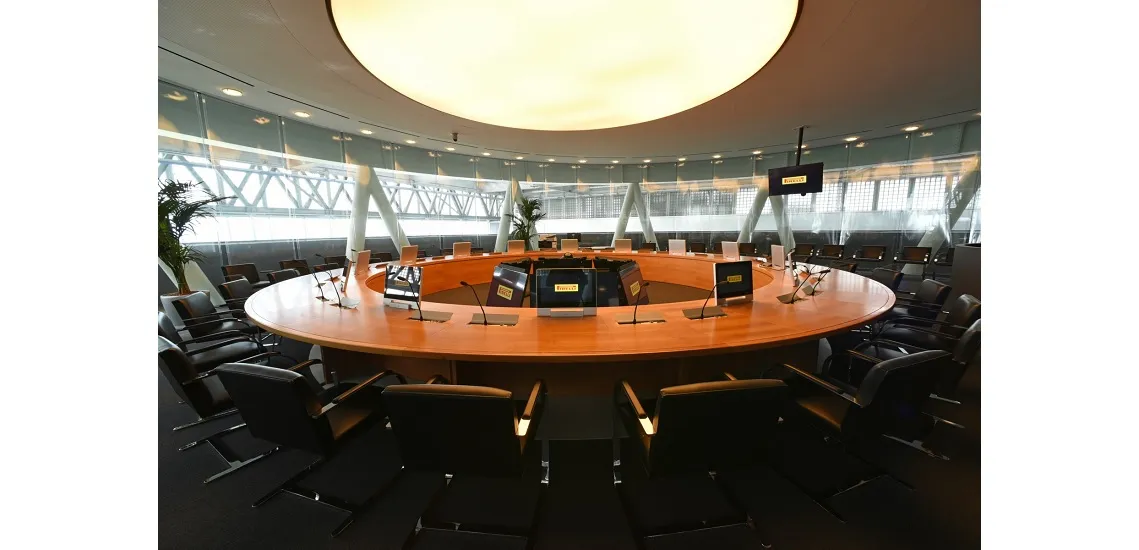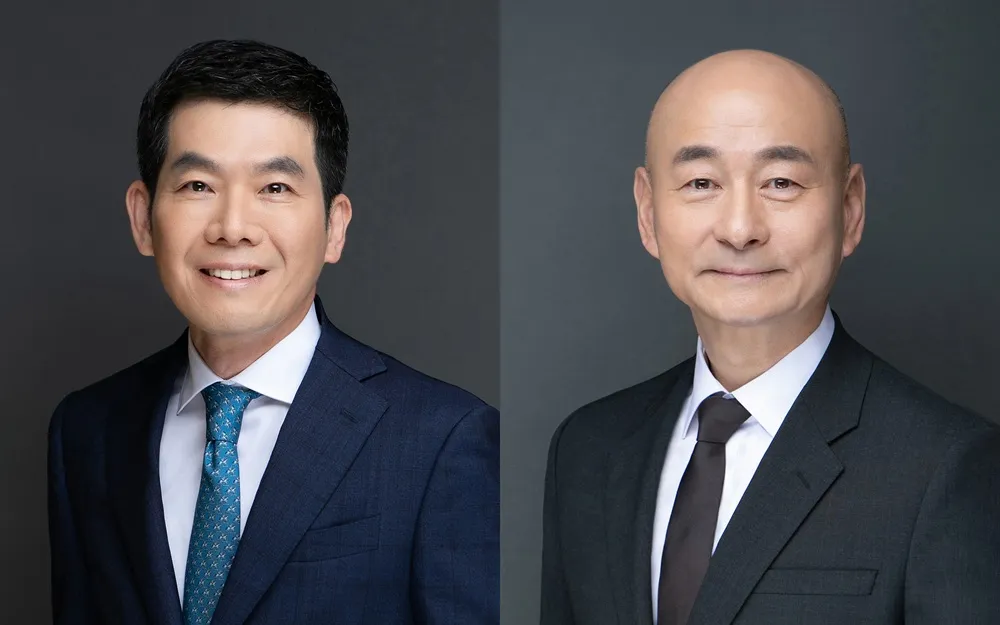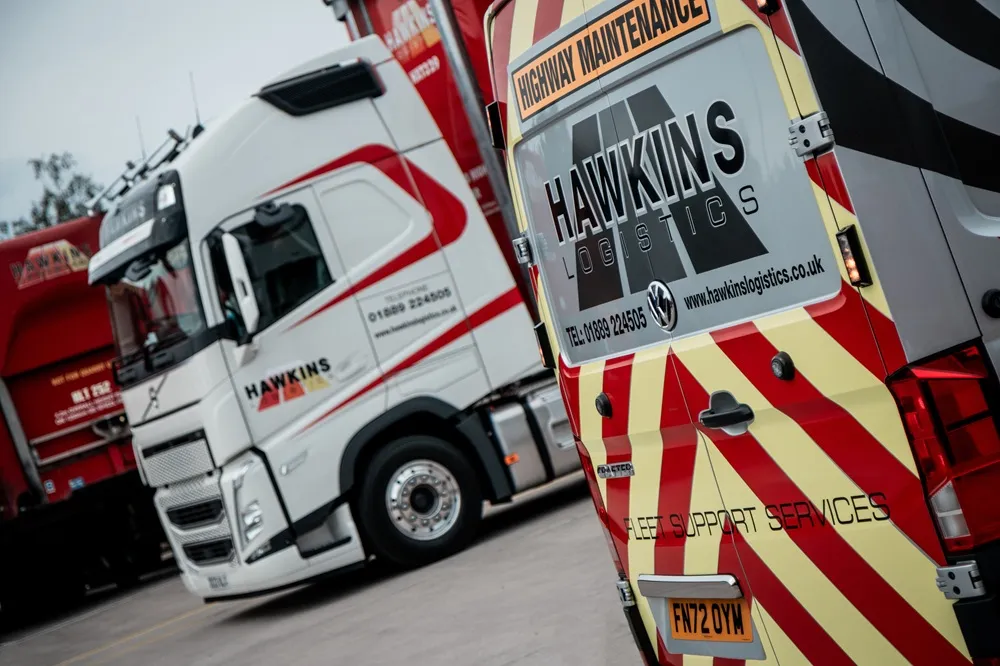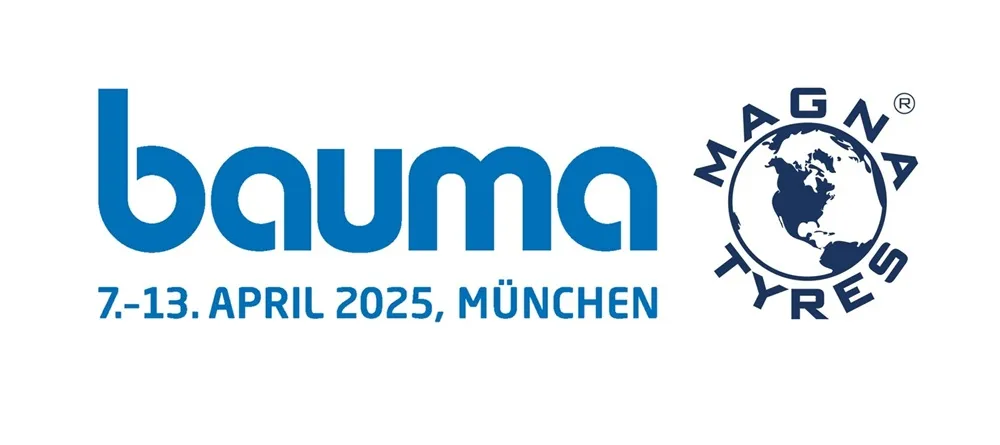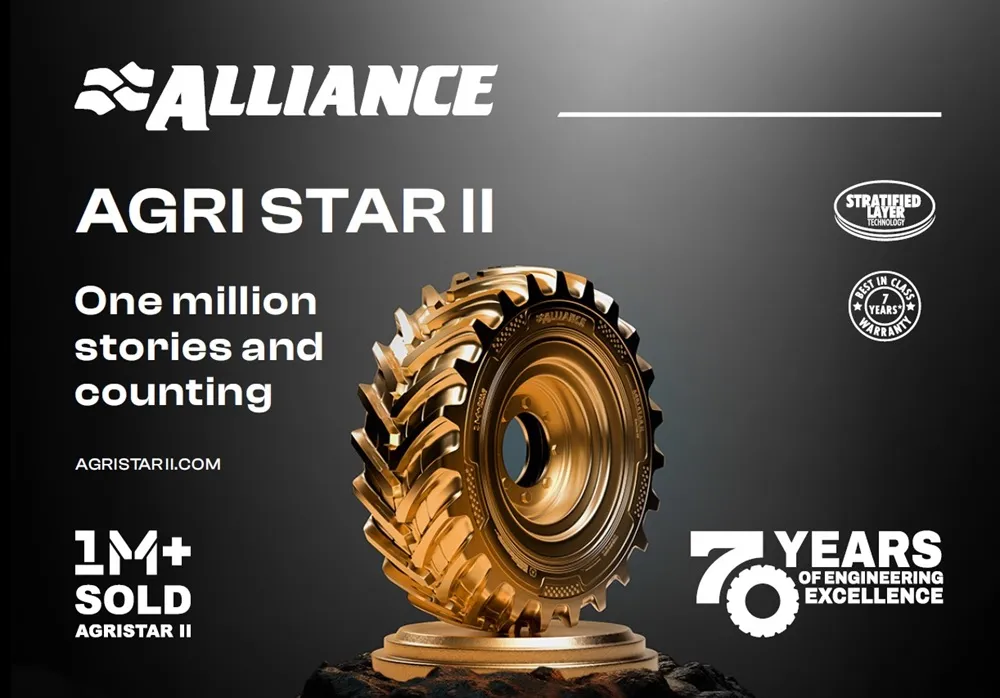Pirelli’s largest shareholder, Sinochem is being stripped of much of its authority in Pirelli
Rome’s Politics Protect Pirelli
Pirelli has always been synonymous with Italian tyres, there have been other brands, but Pirelli is as Italian as Spaghetti Milanese. Rather, it was until, at a time of difficulty, the Chinese giant, ChemChina, took a 37 per cent share in the company in 2015. ChemChina later merged with Sinochem, who are now the largest shareholders in Pirelli.
Sinochem is a Chinese group that operates across numerous fields, but in the tyre sector, it is a major shareholder in Aeolus, quoted as being the largest Chinese industrial tyre maker and Pirelli. Its acquisition of a large chunk of Pirelli caused some stir at the time. It markets its tyres through the Prometeon group which, of course, includes Pirelli.
As a major Italian manufacturer, the Italian government, led by right-leaning Giorgia Meloni has been concerned that the Chinese giant being the largest shareholder in Pirelli, poses a national security concern.
The long-standing CEO, Marco Tronchetti Provera. Who has headed the company since 1992, has always had the right to nominate his successor, despite his smaller 14 per cent share in the company. However, Sinochem proposed a change in the arrangement that would allow the Chinese firm to appoint the CEO.
Italy has overall authority when it comes to national strategic assets, which allows Rome to veto takeovers or impose restrictions on foreign investors. In this case, Rome is mandating that the CEO of Pirelli be an Italian national, in this case, appointed by Camfin, a company controlled by Provera, can make the appointment of the next CEO.
Observers suggest that this is an act by Meloni to garner support and be seen as anti-China and pro-NATO.
Rome has concerns about the Chinese access to Pirelli’s Cyber Tyre, which uses digital technology to record the use and management of tyres. There is a line of thought that the Chinese may use this data to spy on truck movements.
In the decision, The Italian government specifically states rules designed to protect Pirelli:
In particular;
B/ refusal of any request that goes beyond the normal exercise of the prerogatives of shareholders as well as activating any managerial or organisation initiative that may come from subjects traceable to the Chinese State-owned Assets Supervision and Administration Commission of the State Council (SASAC), with particular reference to requests regarding:
– the sharing of information referring to technologies covered by private industry rights, intellectual property rights or, however, any information connected to the know-how linked to these technologies, also in the development phase;
– the centralised treasury mechanism managed by the company Sinochem Holding Corporation Ltd.;
– the direct access to managerial or administrative information systems, including the Enterprise Resource Planning (ERP) platform of Pirelli & C. S.p.a. and of the Companies controlled by it, including Chinese subsidiaries;
– the transfer of goods, systems and ICT services of the Companies of the Pirelli & C. S.p.a. group residing in infrastructures outside of the territories in which European jurisprudence applies and/or managed by subjects traceable to the Chinese government;
– the transfer to or sharing with subjects traceable to the Chinese government of any data gathered by or processed through CYBER technology.
One time under-secretary in Italy’s Ministry for Economic Development, Michele Geraci, who had backed Rome’s membership of China’s Belt and Road Initiative, is concerned that there will be a backlash from China, “When an Italian company has problems in China, it will pay the price for this Italian decision.”

